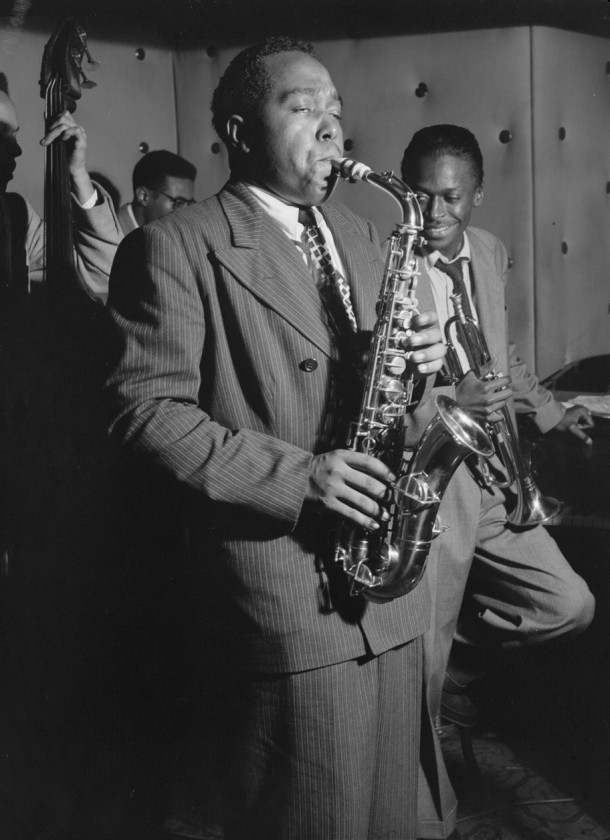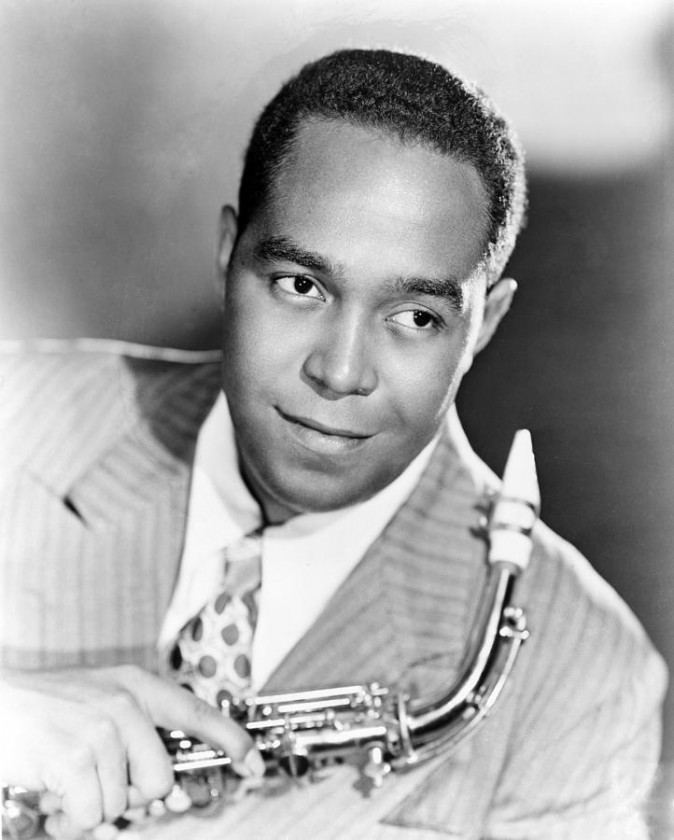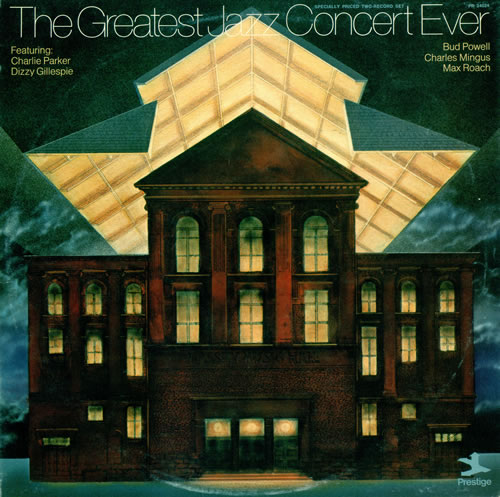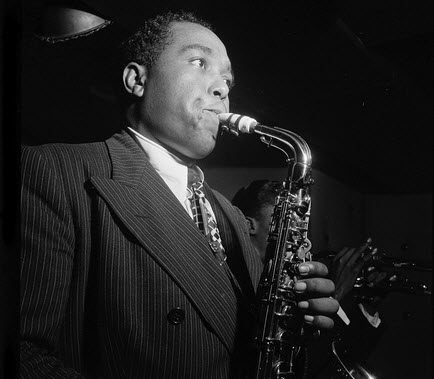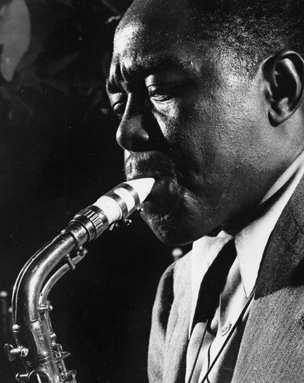77 years ago: Chips Moman was born in 1937 (read more)One of the most important characters in the Memphis music scene in the 60′s. Chips Moman helped start Stax Records, then American Sound Studios, which cut 122 chart hits from 1967 to 1972 — an unparalleled achievement. – |
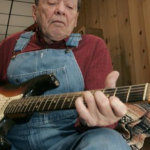 |
| Armando Anthony “Chick” Corea (born June 12, 1941) is an American jazz pianist, keyboardist, and composer.Many of his compositions are considered jazz standards. As a member of Miles Davis’ band in the 1960s, he participated in the birth of the electric jazz fusion movement. In the 1970s he formed Return to Forever. Along with Herbie Hancock, McCoy Tyner and Keith Jarrett, he has been described as one of the major jazz piano voices to emerge in the post-John Coltrane era.His career has been driven by his will to operate as a free agent and compulsively explore different avenues of music making. This hunger has positioned him as an important catalyst in the world of serious, mainstream acoustic jazz, and he is one of the most influential and widely studied figures in the last 40 years. |  |
The Who played Swansea, City Football Ground, 12 June 1976 (read more) |
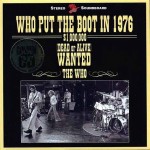 |
| Charles Arthur “Charlie” Feathers (June 12, 1932 – August 29, 1998) was an American country music and rockabilly musician. | 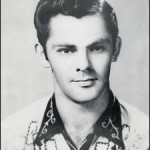 |
Spotify Playlist – june 12 |
|
Tag Archives: Charlie Feathers
Today: The late Charlie Parker was born in 1920 – 93 years ago
You’ve got to learn your instrument. Then, you practice, practice, practice. And then, when you finally get up there on the bandstand, forget all that and just wail.
~Charlie ParkerI realized by using the high notes of the chords as a melodic line, and by the right harmonic progression, I could play what I heard inside me. That’s when I was born.
~Charlie Parker
All the things you are:
From Wikipedia:
| Birth name | Charles Parker, Jr. |
|---|---|
| Also known as | Bird, Yardbird, Zoizeau (in France) |
| Born | August 29, 1920 Kansas City, Kansas, United States |
| Died | March 12, 1955 (aged 34) New York City, New York, United States |
| Genres | Jazz, bebop |
| Occupations | Saxophonist, Composer |
| Instruments | Alto saxophone, tenor saxophone |
| Years active | 1937–1955 |
| Labels | Savoy, Dial, Verve |
| Associated acts | Miles Davis, Max Roach |
Charles Parker, Jr. (August 29, 1920 – March 12, 1955), also known as Yardbird and Bird,was an American jazz saxophonist and composer.
Parker acquired the nickname “Yardbird” early in his careerand the shortened form, “Bird”, which continued to be used for the rest of his life, inspired the titles of a number of Parker compositions, such as “Yardbird Suite”, “Ornithology”, “Bird Gets the Worm”, and “Bird of Paradise.”
Parker was a highly influential jazz soloist and a leading figure in the development of bebop, a form of jazz characterized by fast tempos, virtuosic technique, and improvisation. Parker introduced revolutionary harmonic ideas, including rapid passing chords, new variants of altered chords, and chord substitutions. His tone ranged from clean and penetrating to sweet and somber. Many Parker recordings demonstrate virtuosic technique and complex melodic lines, sometimes combining jazz with other musical genres, including blues, Latin, and classical.
Parker was an icon for the hipster subculture and later the Beat Generation, personifying the jazz musician as an uncompromising artist and intellectual, rather than an entertainer.
Music is your own experience, your own thoughts, your wisdom. If you don’t live it, it won’t come out of your horn. They teach you there’s a boundary line to music. But, man, there’s no boundary line to art.
~Charlie Parker
From allmusic.com – Scott Yanow:
One of a handful of musicians who can be said to have permanently changed jazz, Charlie Parker was arguably the greatest saxophonist of all time. He could play remarkably fast lines that, if slowed down to half speed, would reveal that every note made sense. “Bird,” along with his contemporaries Dizzy Gillespie and Bud Powell, is considered a founder of bebop; in reality he was an intuitive player who simply was expressing himself. Rather than basing his improvisations closely on the melody as was done in swing, he was a master of chordal improvising, creating new melodies that were based on the structure of a song. In fact, Bird wrote several future standards (such as “Anthropology,” “Ornithology,” “Scrapple from the Apple,” and “Ko Ko,” along with such blues numbers as “Now’s the Time” and “Parker’s Mood”) that “borrowed” and modernized the chord structures of older tunes. Parker’s remarkable technique, fairly original sound, and ability to come up with harmonically advanced phrases that could be both logical and whimsical were highly influential. By 1950, it was impossible to play “modern jazz” with credibility without closely studying Charlie Parker. Read more -> allmusic.com
I’ve Got Rhythm:
Album of the day – The Greatest Jazz Concert Ever (1953):
Other August-29:
Continue reading Today: The late Charlie Parker was born in 1920 – 93 years ago
Today: The late Charlie Parker was born in 1920 – 92 years ago
From Wikipedia:
| Birth name | Charles Parker, Jr. |
|---|---|
| Also known as | Bird, Yardbird, Zoizeau (in France) |
| Born | August 29, 1920 Kansas City, Kansas, United States |
| Died | March 12, 1955 (aged 34) New York City, New York, United States |
| Genres | Jazz, bebop |
| Occupations | Saxophonist, Composer |
| Instruments | Alto saxophone, tenor saxophone |
| Years active | 1937–1955 |
| Labels | Savoy, Dial, Verve |
| Associated acts | Miles Davis, Max Roach |
Charles Parker, Jr. (August 29, 1920 – March 12, 1955), also known as Yardbird and Bird, was an American jazz saxophonist and composer.
Parker acquired the nickname “Yardbird” early in his career and the shortened form, “Bird”, which continued to be used for the rest of his life, inspired the titles of a number of Parker compositions, such as “Yardbird Suite“, “Ornithology“, “Bird Gets the Worm“, and “Bird of Paradise.”
Parker was a highly influential jazz soloist and a leading figure in the development of bebop, a form of jazz characterized by fast tempos, virtuosic technique, and improvisation. Parker introduced revolutionary harmonic ideas, including rapid passing chords, new variants of altered chords, and chord substitutions. His tone ranged from clean and penetrating to sweet and somber. Many Parker recordings demonstrate virtuosic technique and complex melodic lines, sometimes combining jazz with other musical genres, including blues, Latin, and classical.
Parker was an icon for the hipster subculture and later the Beat Generation, personifying the jazz musician as an uncompromising artist and intellectual, rather than an entertainer.
From allmusic.com – Scott Yanow:
One of a handful of musicians who can be said to have permanently changed jazz, Charlie Parker was arguably the greatest saxophonist of all time. He could play remarkably fast lines that, if slowed down to half speed, would reveal that every note made sense. “Bird,” along with his contemporaries Dizzy Gillespie and Bud Powell, is considered a founder of bebop; in reality he was an intuitive player who simply was expressing himself. Rather than basing his improvisations closely on the melody as was done in swing, he was a master of chordal improvising, creating new melodies that were based on the structure of a song. In fact, Bird wrote several future standards (such as “Anthropology,” “Ornithology,” “Scrapple from the Apple,” and “Ko Ko,” along with such blues numbers as “Now’s the Time” and “Parker’s Mood”) that “borrowed” and modernized the chord structures of older tunes. Parker‘s remarkable technique, fairly original sound, and ability to come up with harmonically advanced phrases that could be both logical and whimsical were highly influential. By 1950, it was impossible to play “modern jazz” with credibility without closely studying Charlie Parker. Read more -> allmusic.com
All the things you are:
I’ve Got Rhythm:
Album of the day – Jazz at Massey Hall (1953):
Other August-29:
Continue reading Today: The late Charlie Parker was born in 1920 – 92 years ago

